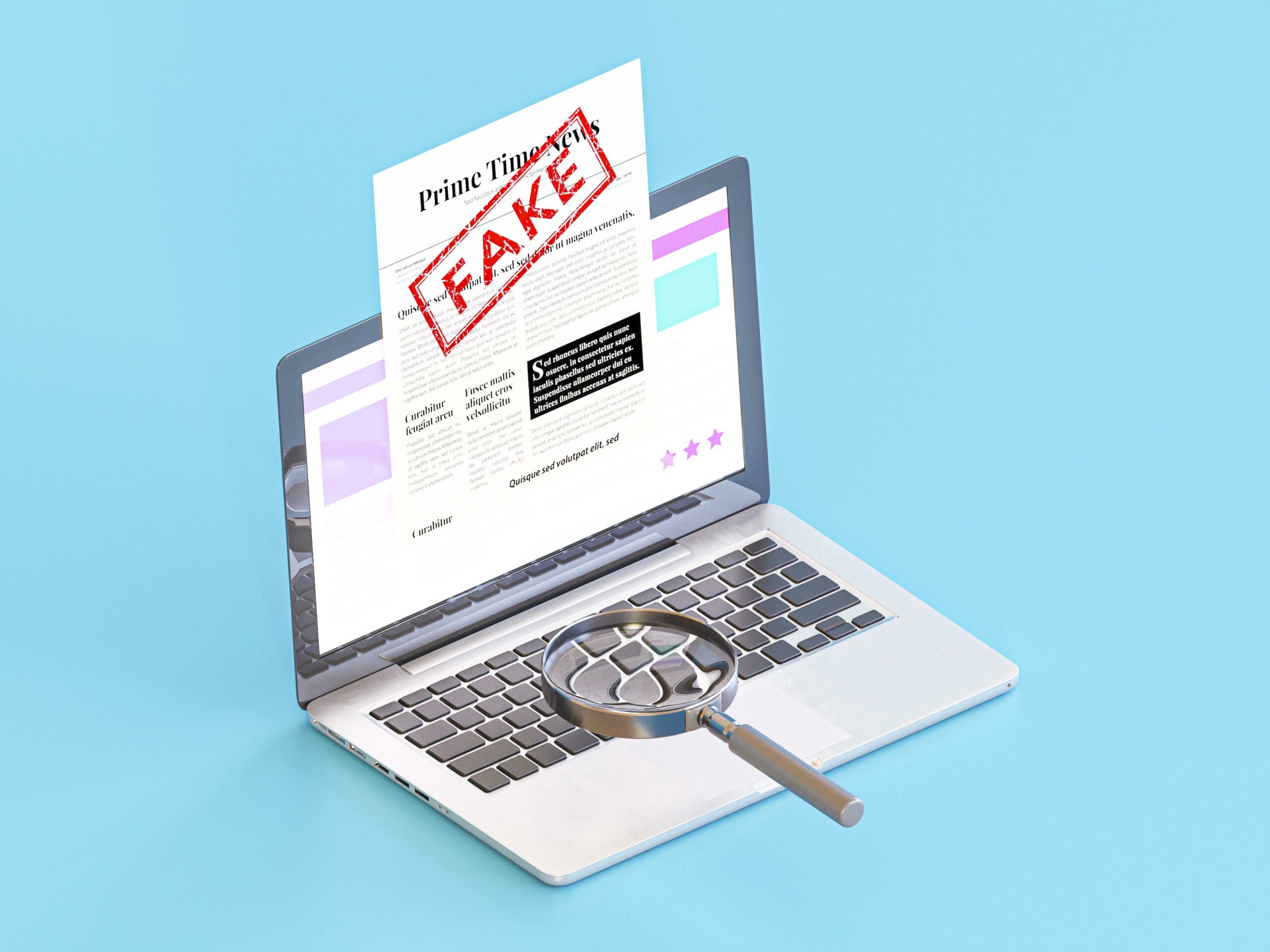Counterfeiting in France
France is the second country most affected by counterfeiting, behind the United States.
Counterfeiting is a massive, widely diversified phenomenon that has continued to develop with the Internet.
It affects many sectors of the economy (medicines, games, toys, sports goods, body care, luxury goods, clothing, etc.). All types of companies are victims of these actions (SMEs, large companies, etc.).
Summer campaign 2023
A anti-counterfeiting campaign launched by UNIFAB (an association fighting counterfeiting, promoting and defending authenticity, creation and innovation) to raise public awareness of the consequences of buying counterfeit goods, and warn people of the dangers of consuming fake products.
With the launch of this campaign,INPI (Institut National de la Propriété Industrielle) is committed to the fight against the scourge of counterfeiting in France, reminding us of one of the levers for reinforcing the legal security of French industrial property titles, in particular patents and trademarks. This enables rights holders to defend themselves more effectively against counterfeiters, as well as having access to opposition, forfeiture and invalidity procedures.
Counterfeiting in intellectual property law
It consists of the representation, distribution or reproduction, in whole or in part, of an author’s protected work without his/her authorisation or that of his/her rights holders.
Legal action in case of counterfeiting offence
What legal action can I take if I am the victim of a counterfeiting offence?
Victims who have suffered moral or patrimonial prejudice as a result of the use of their protectable work without their consent, by means of an assignment contract, have the possibility of taking legal action for infringement in order to defend their rights.
This civil and/or criminal procedure has a twofold objective: to preserve the private prerogatives of the holder of an intellectual property right and to repair the damage caused by the infringement (offence of counterfeiting).
It is strongly recommended that you contact an intellectual property attorney or a specialized lawyer in order to best defend your interests.
Examples of counterfeiting cases
- The exchange of files (music, films, etc.) protected by copyright is considered counterfeiting;
- The Exchange of books and other literary works that are not in the public domain is considered counterfeiting;
- The total or partial recording of a cinematographic or audiovisual work in a theater without the authorisation of its author or the producer-licensee of the exploitation rights is considered counterfeiting;
- The Reproduction, translation, modification of software without the authorization of its author is considered counterfeiting;
- The duplication, imitation, deletion or substitution of the trademark (of a product or service) without the authorisation of its owner is considered counterfeiting;
- The possession, importation or marketing of products bearing a counterfeit trademark is considered counterfeiting;
- The implementation of a patented process without the authorisation of its owner is considered counterfeiting.
Contact us if you believe you have been a victim of counterfeiting, or book an appointment with our Intellectual Property experts.

